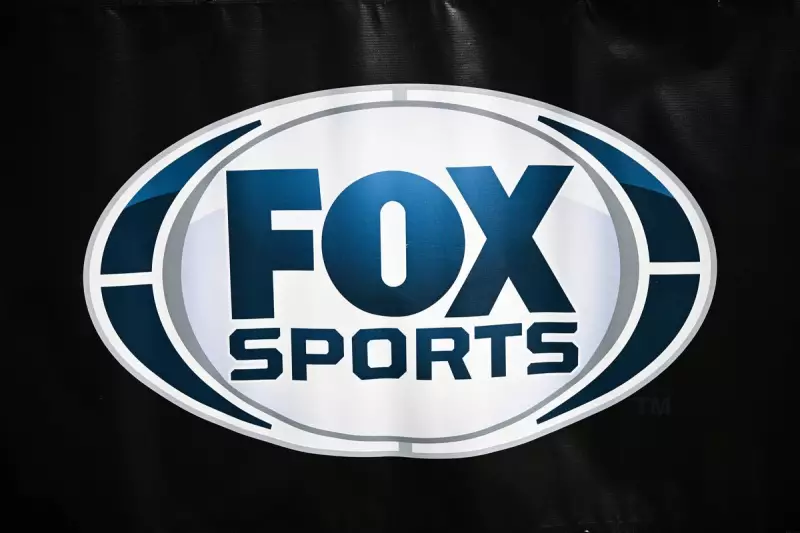
Fox Sports personality Skip Bayless and his former co-host, NFL legend Shannon Sharpe, have been thrust into a legal firestorm, named as defendants in a devastating wrongful death lawsuit filed in Los Angeles.
The suit, brought by the family of the late Stephen Florio, a longtime producer on the popular debate show 'Undisputed', alleges that a culture of relentless bullying and harassment, fostered by Bayless and Sharpe, directly contributed to Florio's severe depression and ultimate suicide in November 2023.
A Culture of Fear and Humiliation
Court documents paint a grim picture of the show's behind-the-scenes environment. Florio's family claims he was subjected to constant verbal abuse and demeaning treatment. The lawsuit specifically accuses Bayless of creating a "toxic workplace" where employees, including Florio, were routinely belittled and threatened with termination for minor mistakes.
Shannon Sharpe, known for his fiery on-air persona, is also implicated. The filing alleges he participated in the harassment, contributing to the hostile atmosphere that left Florio feeling "completely defeated and hopeless."
The Human Cost
The emotional toll on Stephen Florio is detailed in the suit. It states that the unending pressure and humiliation at work exacerbated his pre-existing mental health struggles, leading to a sharp decline in his wellbeing. Despite seeking medical help, the alleged abuse at work became an unbearable burden.
His family is now seeking substantial damages for negligence and the intentional infliction of emotional distress, holding Bayless, Sharpe, and Fox Sports accountable for their role in the tragedy.
Network and Stars Under Scrutiny
This lawsuit sends shockwaves through the world of sports broadcasting, lifting the curtain on the potential dark side of a high-pressure television production. It raises serious questions about the duty of care employers and high-profile stars have towards their staff.
As the case proceeds through the California court system, it promises to scrutinise the inner workings of one of sports television's most-watched programmes and could have profound implications for workplace culture in media.





